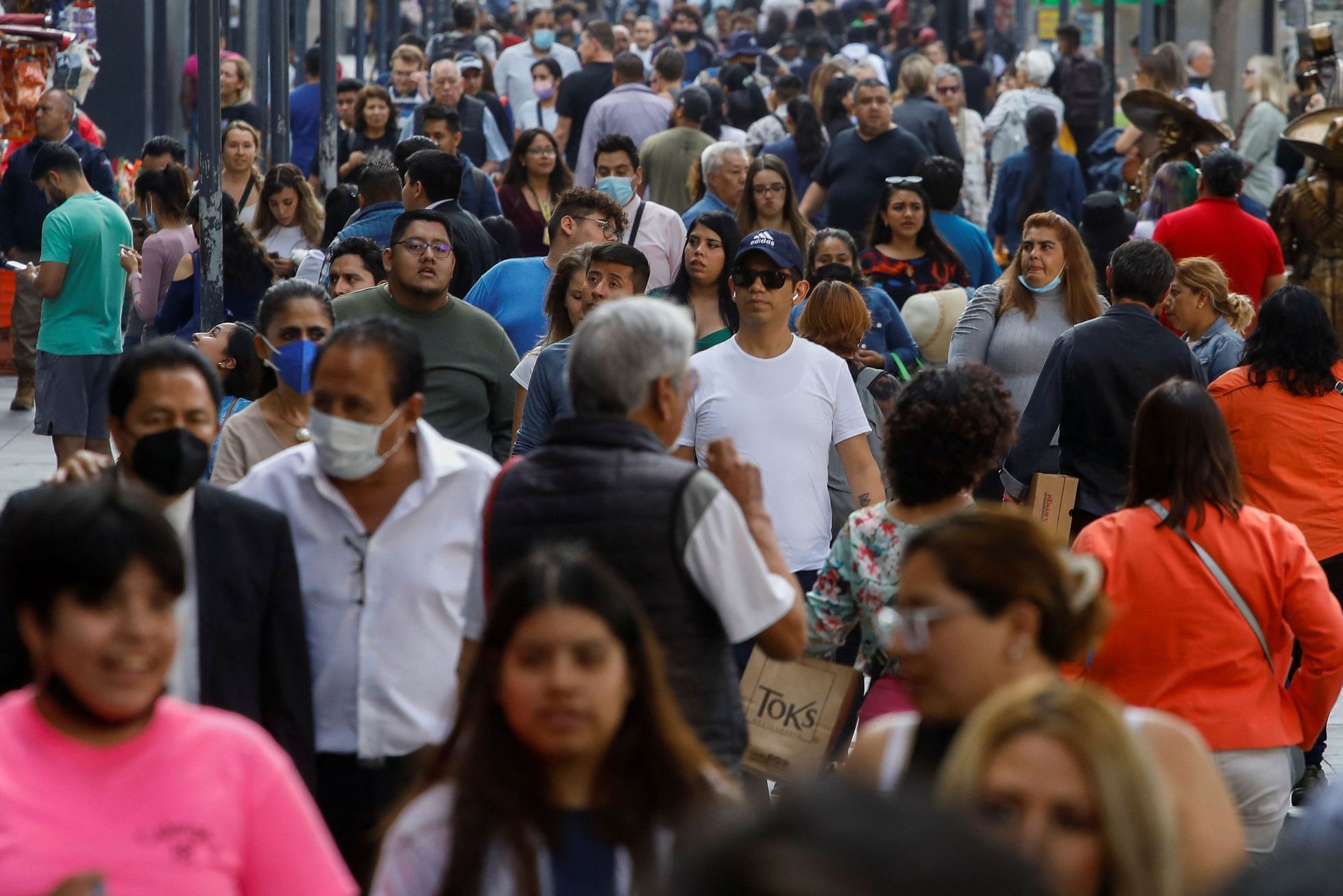The number of people in the world topped eight billion on Tuesday, according to a United Nations (UN) tally. Calculations can vary by up to a year, but Tuesday in November is the most likely date, according to the United Nations. The organization established the exact day and time eleven years ago, when on October 31, 2011, the world’s population exceeded seven billion.
“This milestone is an opportunity to celebrate our diversity and progress, as well as a reminder of our shared responsibility to the planet,” said the Secretary-General of the milestone. Union of Nations Antonio Guterres. According to the United Nations, the largest population will continue to increase in Africa and South Asia, particularly in eight countries, namely Egypt, Ethiopia, Tanzania, Nigeria, the Democratic Republic of the Congo, Pakistan, India and the Philippines.
However, world population growth will slow down. Humanity went from seven to eight billion in about eleven years. From eight to nine billion it will take fifteen years according to current projections, and the population will reach this limit by 2037. World population growth is expected to stop at 10.4 billion people around 2080.
As the world’s population reaches 8 billion, our human family is increasingly divided.
Unless we bridge the gaping gulf between the global haves and have-nots, we are setting ourselves up for more tension & mistrust, more crises & conflicts.https://t.co/Vs1LfnsaTR
— António Guterres (@antonioguterres) November 11, 2022
In most countries, the birth rate will be under 2.1 children per mother, which demographers say is a necessary figure to sustain the population. In South Korea, the birth rate fell to a record low of 0.81 children per mother, reports the BBC website.
According to experts, the number of people on Earth is not directly proportional to the level of pollution. “It’s not the number of people that’s the problem, it’s consumption patterns. So the best thing to do is look at the northern hemisphere polluters first,” climatologist Bill Hare of the non-governmental organization Climate Analytics told the AP.
“The poorest half of people are responsible for producing seven percent of greenhouse gases. Countries like Mozambique, Senegal or Afghanistan are suffering the most from the heat of climate change,” said Katharine Hayhoe, a climate scientist at Texas Tech University. Hare added that the share of pollution is unequal even in rich countries, where more greenhouse gases are produced by wealthier strata of society.

“Certified bacon geek. Evil social media fanatic. Music practitioner. Communicator.”







